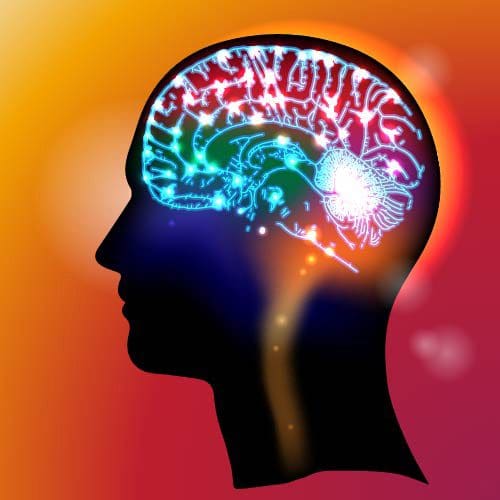 Klonopin is also known as Clonazepam, Rivitril, Clonex, Paxam, Kriadex, K-pins, K-cuts, or pins; it is a benzodiazepine drug used for relief from anxiety, panic disorders, migraines, restless leg syndrome, Tourette syndrome, and epilepsy.
Klonopin is also known as Clonazepam, Rivitril, Clonex, Paxam, Kriadex, K-pins, K-cuts, or pins; it is a benzodiazepine drug used for relief from anxiety, panic disorders, migraines, restless leg syndrome, Tourette syndrome, and epilepsy.
It is in the same family of drugs as Valium, Xanax, Dalmane, and Ativan. According to Forbes, Klonopin was the sixth most prescribed medication in the United States in 2010. Klonopin is also used in medically assisted substance detox to help manage withdrawal symptoms from other substances.
Due to its quick tolerance and long half-life, Klonopin is highly addictive. It is believed that Klonopin stimulates GABA (gamma-aminobutyric acid) production. GABA is an inhibitory neurotransmitter that aids in reducing anxiety. Klonopin slows down this brain activity and produces a peaceful and calming effect. When benzodiazepine medications are used for an extended period of time, they change the circuitry of the brain, which is one of the reasons why they are so addictive. When the individual stops taking them, the neurotransmitters in the brain have to work to stabilize again, often causing uncomfortable and sometimes painful withdrawal symptoms.
If you think that you or someone you love may be addicted to Klonopin, check out these symptoms. Not everyone experiences the same signs, but these are some of the most common consequences of Klonopin addiction:
- Amnesia
- Aggression
- Confusion
- Hyper anxiety
- Loss of libido
- Thumping heart
- Lack of motivation
- Irritability
- Oversensitivity to light, sound, and touch
- Dizziness
- Restlessness
- No longer doing things that were enjoyable
- Fatigue
- Impaired balance
- Hallucinations
- Increased risk of suicide
- Death
Overuse of Klonopin causes mood disturbance, mood changes, and may actually make anxiety and panic attacks worse. It is dangerous to withdraw from Klodopin without assistance from professionals. Everyone experiences withdrawal differently, depending on their biological make-up, how long they were taking the drug, the dosage, and if they are cross-addicted to other drugs.
Here are some common symptoms of withdrawal from Klonopin:
- Sweating
- Anxiety
- Panic
- Stomach cramps
- Vomiting
- Nausea
- Diarrhea
- Uncontrollable shaking
- Headaches
- Muscle aches
- Insomnia
- Hallucinations
- Seizures
The addiction properties of Klonopin are strong because tolerance is easily built up.
If you or a loved one are experiencing any of these symptoms, seek medical attention right away. It is extremely dangerous to stop on your own.
For a confidential consultation, or for more information about our Atlanta drug rehab treatment centers, please contact us anytime at (770) 202-2212. We’re here to help.
References:

